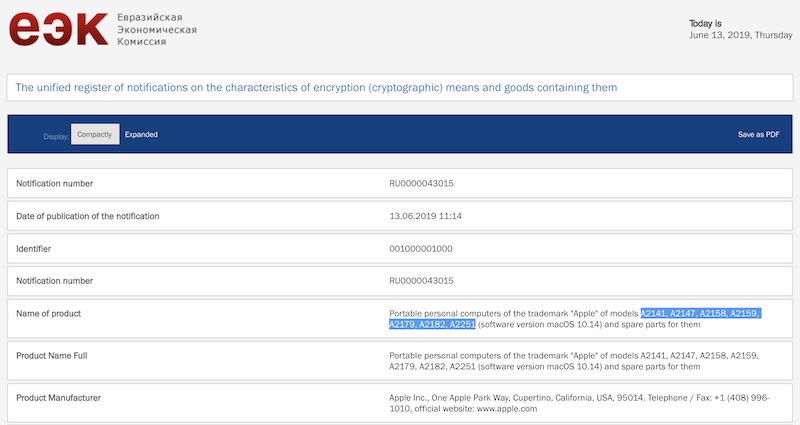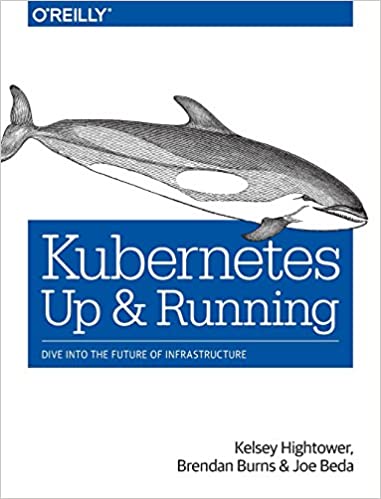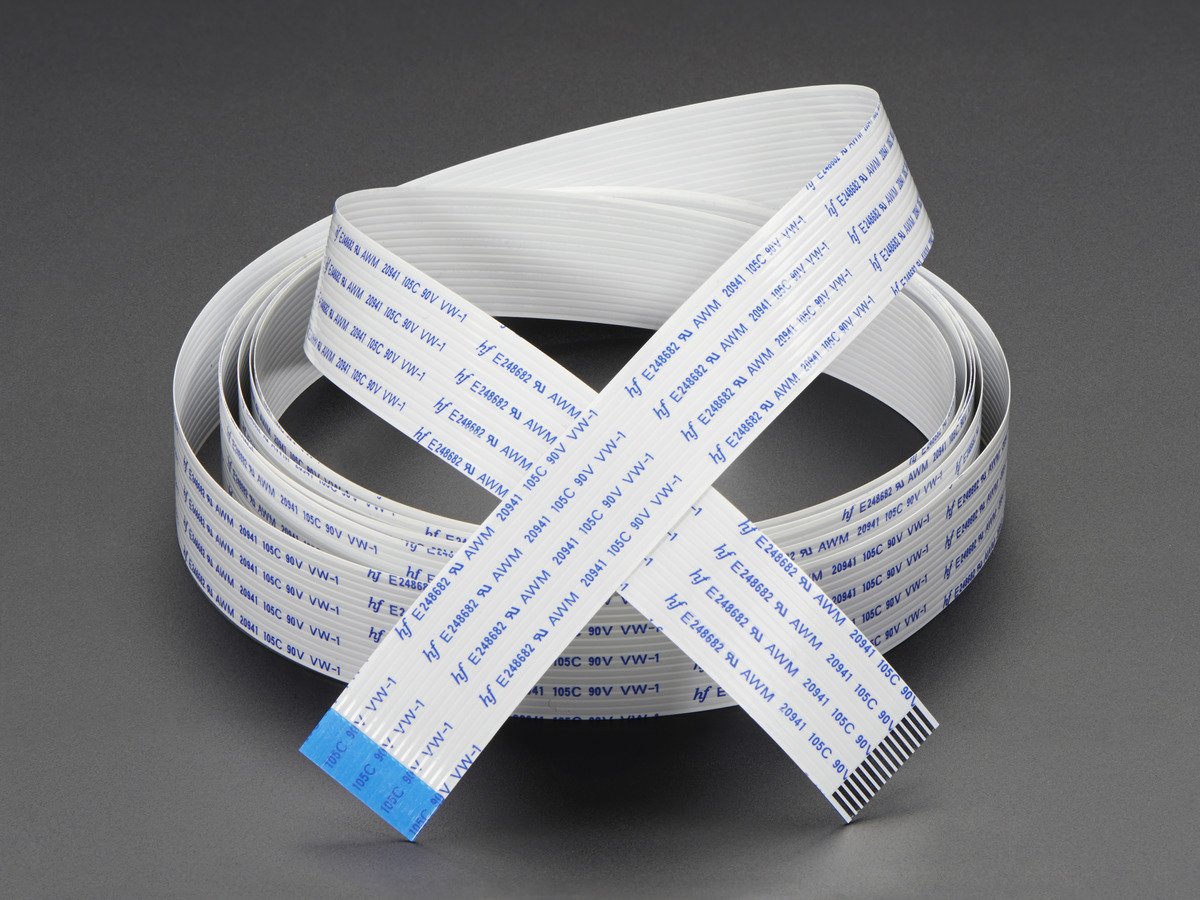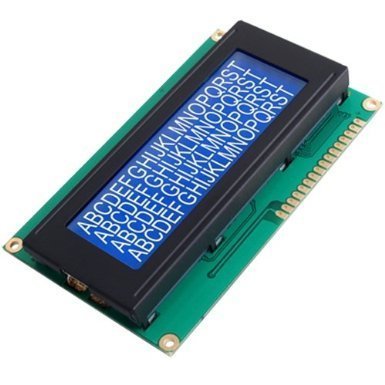; Date: Sat Jun 29 2019
Tags: Apple »»»»
According to tech journalists that track this sort of thing, Apple registered seven new laptop product models in the Eurasian Economic Commission database. Of course there is no official news about what this means, but there are some guesses. Those include the long-rumored conversion to ARM-based Mac desktop computers. So lets talk about ARM based Mac desktops.

The newly registered Apple model numbers are: A2141, A2147, A2158, A2159, A2179, A2182, and A2251. According to
MacRumors the models were all listed as "portable" computers, so therefore these are laptops of some ilk.
While the MacBook Pro was just updated with a 2019 model, the MacBook and MacBook Air models have not been updated for awhile. But would that account for seven laptop models?

Of course there's no concrete information about these new models. Apparently this filing is required before sales to certain countries in Russia's orbit whenever the device contains encryption capabilities. This implies a product release in a few months, such as October. But what would the devices be is anyone's guess.
Guesses include a 16 inch MacBook pro, and as mentioned earlier models sporting the ARM processors.
According to the attached video Apple has been talking about the possible switch to ARM processors since 2010. Further, Apple strongly suggested within the last year that a switch to ARM processors for Apple desktop and laptop computers will happen sooner or later.
I'm really nervous about such a switch for some reason. From a technology perspective Apple can pull off such a switch. Apple did switch Mac OS X from PowerPC to Intel processors a few years ago, and I do not recall any hiccup at all. I started with Mac OS X with the very first public release (the Beta of the first Mac OS X) and have stuck with it for every release since. This means having owned a couple different PPC based Mac's, my favorite being the Titanium MacBook Pro.
Getting back on track ...
Why am I nervous about a switch to ARM-based Apple desktops and laptops?
I think my nervousness stems is from my strategy to stick with an older MacBook Pro for as long as possible. I use a fully upgraded 2012 MacBook Pro and am using the heck out of it and am very happy with its performance, and the repairability.
I'm very reluctant to do anything with the MacBook Pro's since then - because of how Apple has made them very unrepairable, and because of the Flexgate issue. The two are tightly integrated issues, since the core of the Flexgate problem is that Apple designed the displays to use an integrated display cable that necessitates an expensive display replacement if the display cable breaks. Otherwise the display cable is a $5 part.
As a strategy to avoid Apple's flawed hardware, the Fake MacBook Pro was very interesting. While in that review of the video I did not treat it kindly, it does point out that someone could get a MacBook-Pro-Like laptop by using Hackintosh techniques.
If Apple does switch to ARM processors one effect will be of shutting down the Hackintosh community. Surely Apple has desired for a long time to shut down Hackintoshing. Switching to a completely different CPU architecture would do it.
Another issue is whether an ARM processor can provide the raw CPU performance required for desktop computing tasks that people do. Primarily I'm thinking about software developers ..
See the following for the companion article: ARM based MacBook Pro, iMac, or Mac Pro, does not look promising to software developers
As is pointed out in the attached video, Apple's primary motivation for switching to the ARM processor family is not Hackintoshing but to have even tighter control.
Apple obviously seeks to have tight precise control over the hardware and software combination. Because they can design the operating system for specific hardware, Mac OS X can be tightly optimized for the hardware Apple sells. And that also gives Apple control over their product release schedule. Because Apple makes their own chips for iOS and iPadOS devices, they've been able to follow a regularized product refresh cycle - every October there are new iPhones, for example.
Where Microsoft presides over a chaotic Windows PC market where the Windows operating system has to adapt itself to whatever hardware it's on, Apple has enjoyed benefits of offering us a highly controlled walled garden. This means we have limited ability to mix and match components, but it means we know the hardware we have will work just fine.
If I were Apple and looking to switch processor families - I would not refresh the entire product line all at once. Especially since Apple just released an upgraded MacBook Pro, iMac's, and the new Mac Pro, all of which have very beefy Intel processors.
Instead I would release a couple models on ARM so that developers can try out the new platform, start porting applications, and see what consumer response will be.











